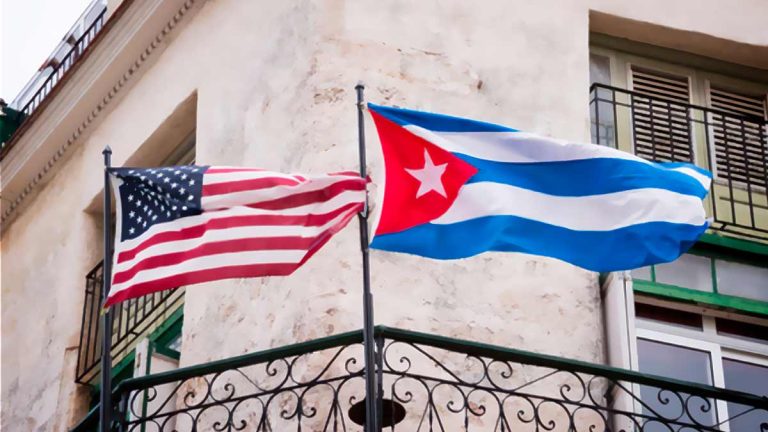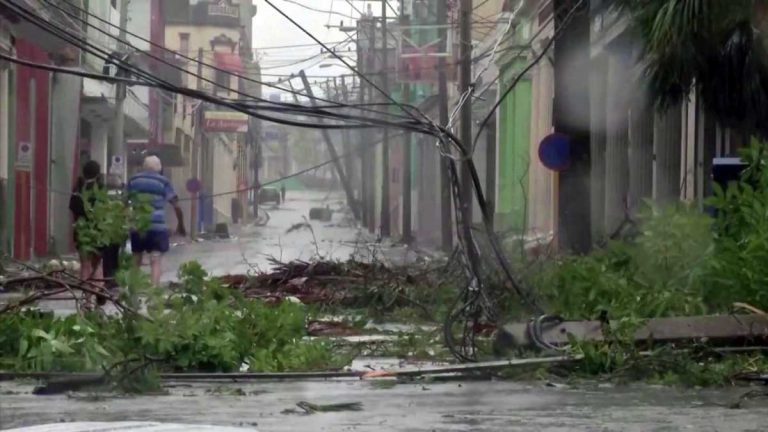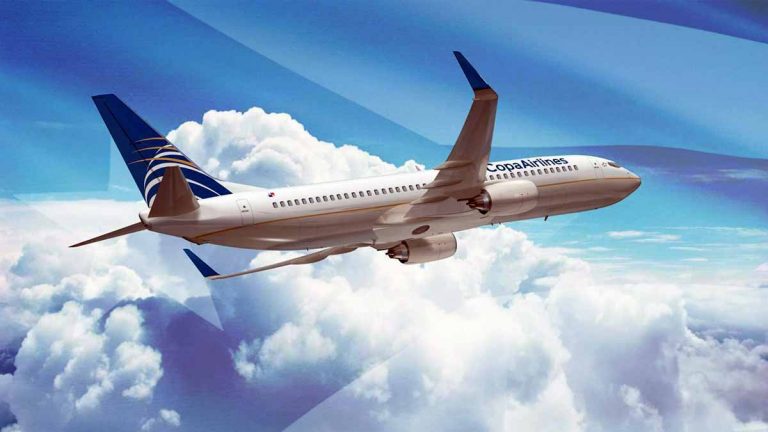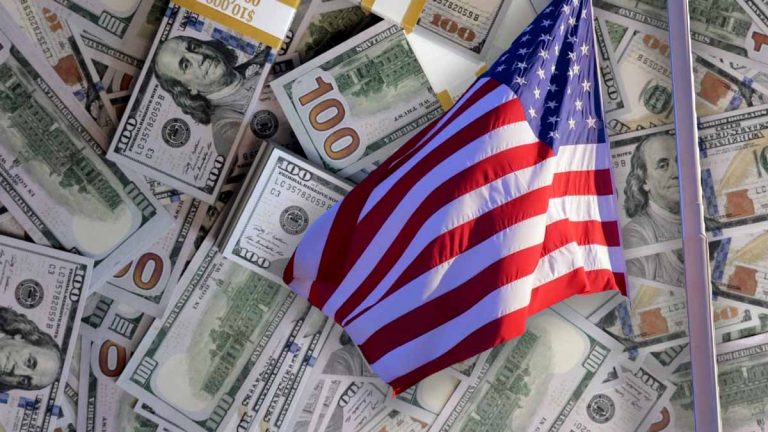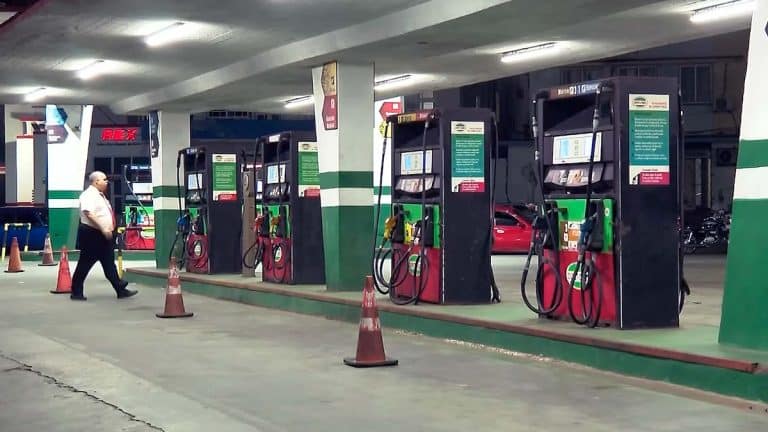New U.S. policy towards Cuba: flights to provinces, unlimited remittances and more
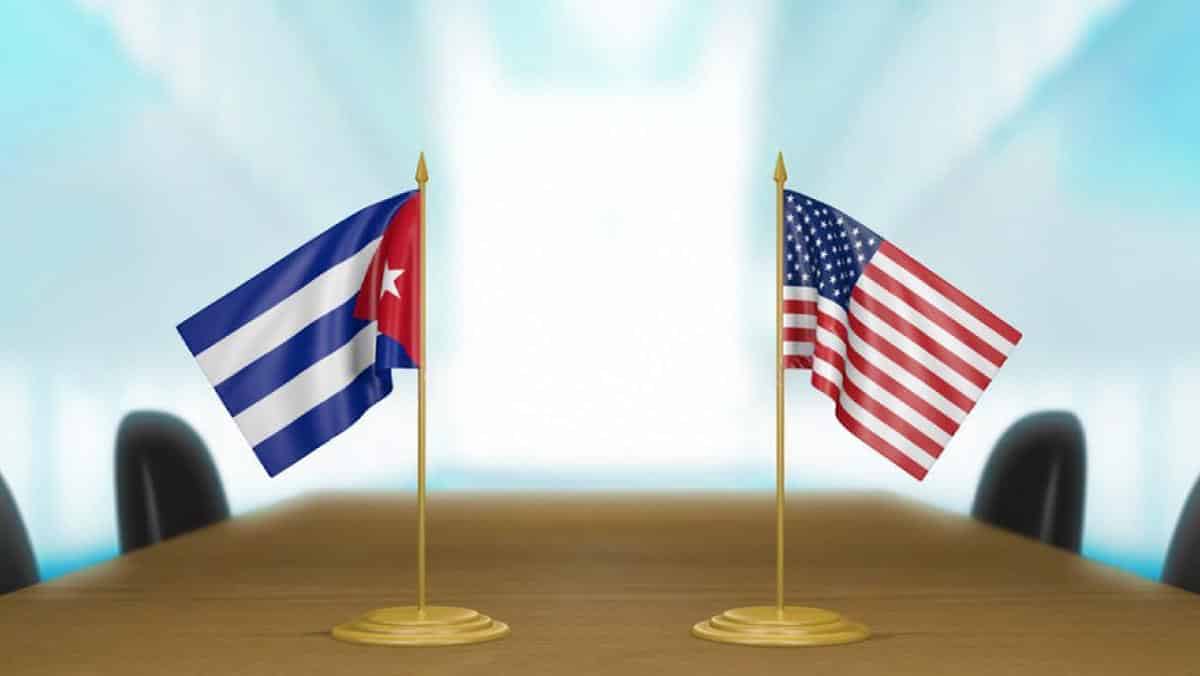
The U.S. government announced this Monday several measures that signify a turnaround in recent policy toward Cuba and directly benefit many Cubans inside and outside the island.
The Democratic administration of Joe Biden has decided to fulfill part of its electoral promises and resume what seems to be, once again, a thaw in relations with Havana.
Below we detail each of the measures announced by the U.S. administration:
Reopening of consular services at the U.S. Embassy in Havana.
The U.S. government will expand the capacity of its embassy in Havana to process and increase the processing of consular services.
The Government has committed to deliver 20,000 visas before the end of the year 2022 -as established in the Migratory Agreements signed between Washington and Havana in 1994- and to begin processing the 100,000 cases that had been delayed due to the cessation of consular operations.
People to people travel
The U.S. administration will again authorize people-to-people contacts or travel, which legally allow U.S. citizens to travel to Cuba.
In June 2019, the U.S. government banned cruise ship travel to Cuba and restricted cultural visits by U.S. citizens to the island. Around that time the State Department mentioned that the objective was to put an end to “veiled tourism” that serves to line the pockets of the military on the island.
In this way Washington also ended the cultural and educational trips that sustained people-to-people contact and that allowed thousands of trips of U.S. citizens to Cuba after the thaw of the Obama era, initiated in 2014.

The Republican administration’s measures sought to limit non-family travel to Cuba. They were a way to tighten sanctions against Havana to weaken Cuban support for the government of Nicolás Maduro.
These trips have been considered a disguise allowing Americans to engage in tourism on the island.
The underlying philosophy behind these people-to-people trips is for Americans to function as ambassadors of democratic values in Cuba. This is a position traditionally advocated by sectors of the Democrats.
expanded professional and educational group travel and licenses that were suspended under President Trump are to be promoted.
Tourist visas for Cubans
The U.S. is again extending, for Cuban citizens, the validity of multiple entry visas (B2 visa), a type of visa for tourists, family visits and medical treatment.
Among Cubans this type of visa is known as the five-year visa. This visa category allowed thousands of Cubans to travel frequently, and temporarily, to the United States, until March 2019.
In March 2019, the U.S. Embassy in Cuba issued a communiqué informing that as of March 18 of that year, the validity of the B2 visa would be reduced to a maximum of three months and a single entry.

The diplomatic legation justified the measure alleging reciprocal treatment. It explained that the Cuban government allows tourists from the United States a single entry, with a stay of 2 months, extendable for another month”.
People who usually travel to the United States for tourism or business require B1/B2 visas.
The B2 visa is usually granted to those who enter temporarily on “pleasure” trips.
Flights to the provinces
The resumption of flights to provinces has been one of the main claims of Cubans residing in the United States, fundamentally, since they were suspended in 2019 and will be allowed from now on.
It was under Barack Obama’s administration, in August 2016, when regular direct flights from the United States to nine Cuban provincial airports debuted.
Three years later, the State Department announced that it would suspend on scheduled commercial air services to all airports except the José Martí International Airport in the Cuban capital.
The measure began in December of that same year and a month later President Donald Trump announced the elimination of all public charter flights to Cuba, except those to the capital.

On March 10, 2020 the cancellation of these charter flights went into effect and on August 13, 2020 Mike Pompeo requested the US Department of Transportation to suspend private charter flights to all Cuban airports including Havana.
Elimination of the remittance limit
The one thousand dollar limit on remittances through any banking institution except to Fincimex (AIS) will be eliminated. “This measure will benefit the Cuban family and civil society,” they announced.
A few months ago it was news that Joe Biden’s government was evaluating the transfer of money from the United States through digital payments and other alternatives for sending remittances to Cuba, without being operated by companies linked to the government.
In February 2022, State Department deputy spokeswoman Jalina Porter reported that the Biden administration was exploring options for facilitating remittances to Cuba. This was one of the campaign promises of the Democratic president who said he would eliminate the $1,000 limits every 3 months set by Trump.
With almost two million Cubans living in the United States, remittances are one of the main sources of income for the Cuban people who, according to the Miami-based Havana Consulting Group, received some $3720 million from the United States in 2019 alone.


